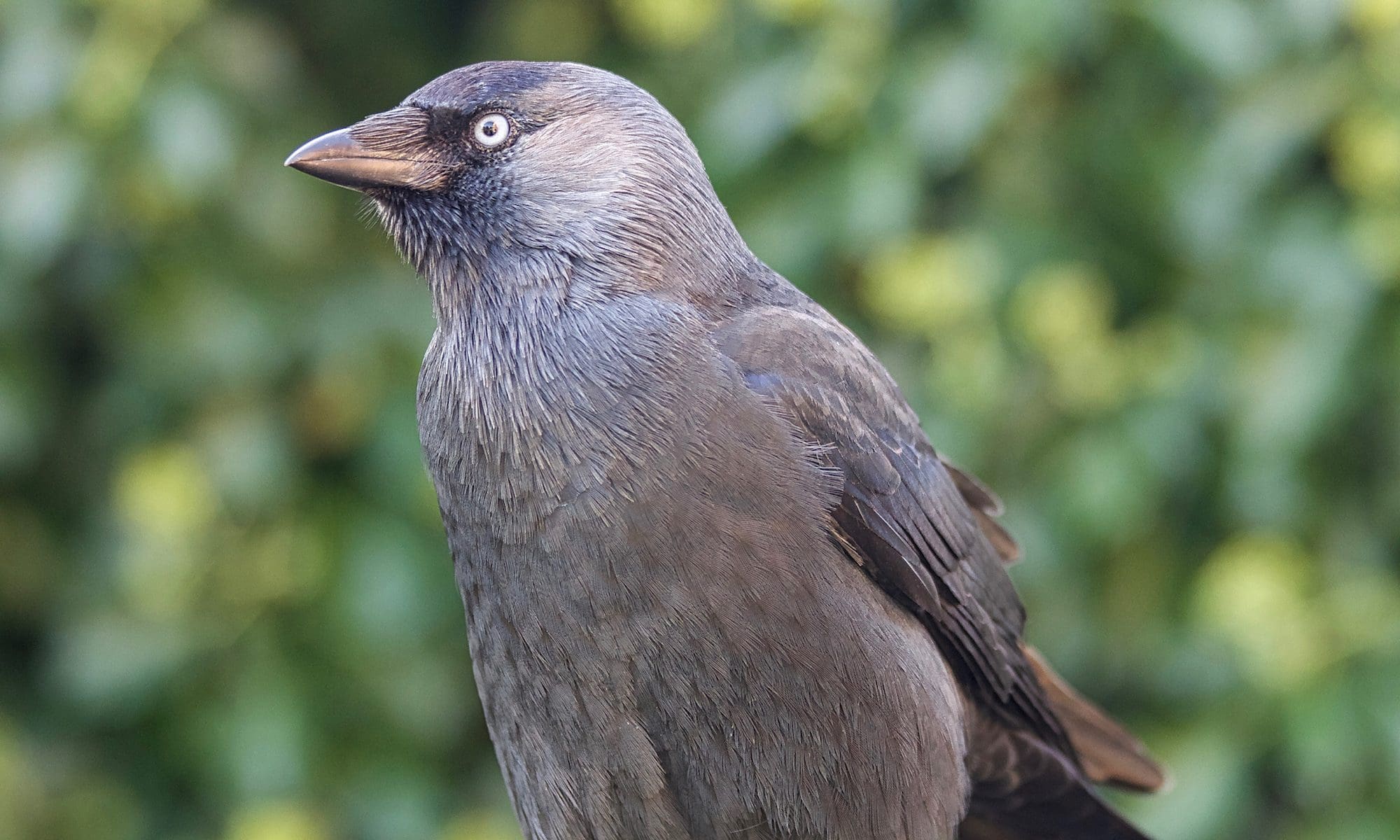Editor’s note: This post has originally been posted on 12th March 2022, and has now been updated and republished.
So called silent firework displays, which are in fact not silent at all, unless they are replaced by laser shows, are increasingly praised as the ultimate solution when it comes to addressing animal welfare concerns. At the first glance silent fireworks seem to be a logical solution, as reduced noise pollution is addressing one of the best known problems in this context. However, as it is commonly the case, there is the bigger picture to consider, and that is where the controversy starts, at least for people who feel very strongly that fireworks are part of their cherished traditions and well deserved rights, and of course for people, who have some sort of financial interest in the business of producing, selling or using fireworks.

Most people would agree that we should not do any intentional harm to other sentient beings, be it directly or indirectly. Fireworks have a proven negative impact onto our shared environment, and are therefore potentially harming other human and non-human animals, who are unlikely to have given consent to being harmed, neither in the short nor in the long term. This simply means that by using any type of firework, intentional harm is being done to others, which is ethically not justifiable. Therefore we could actually stop at this point, but for the sake of the argument, let us look a bit more in detail into the threats and problems caused by fireworks.
Continue reading “Why Fireworks Should Be Abolished (Republished)”






